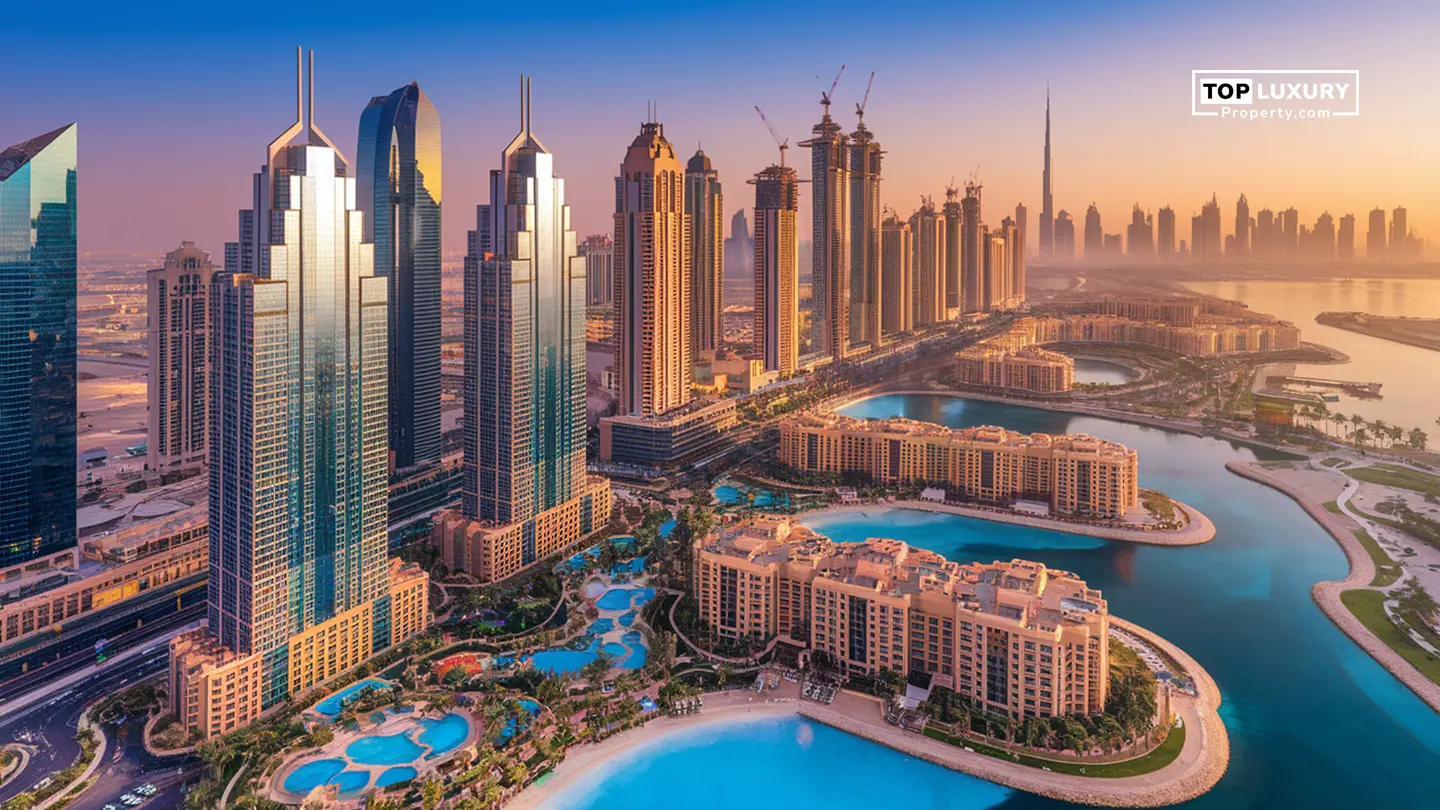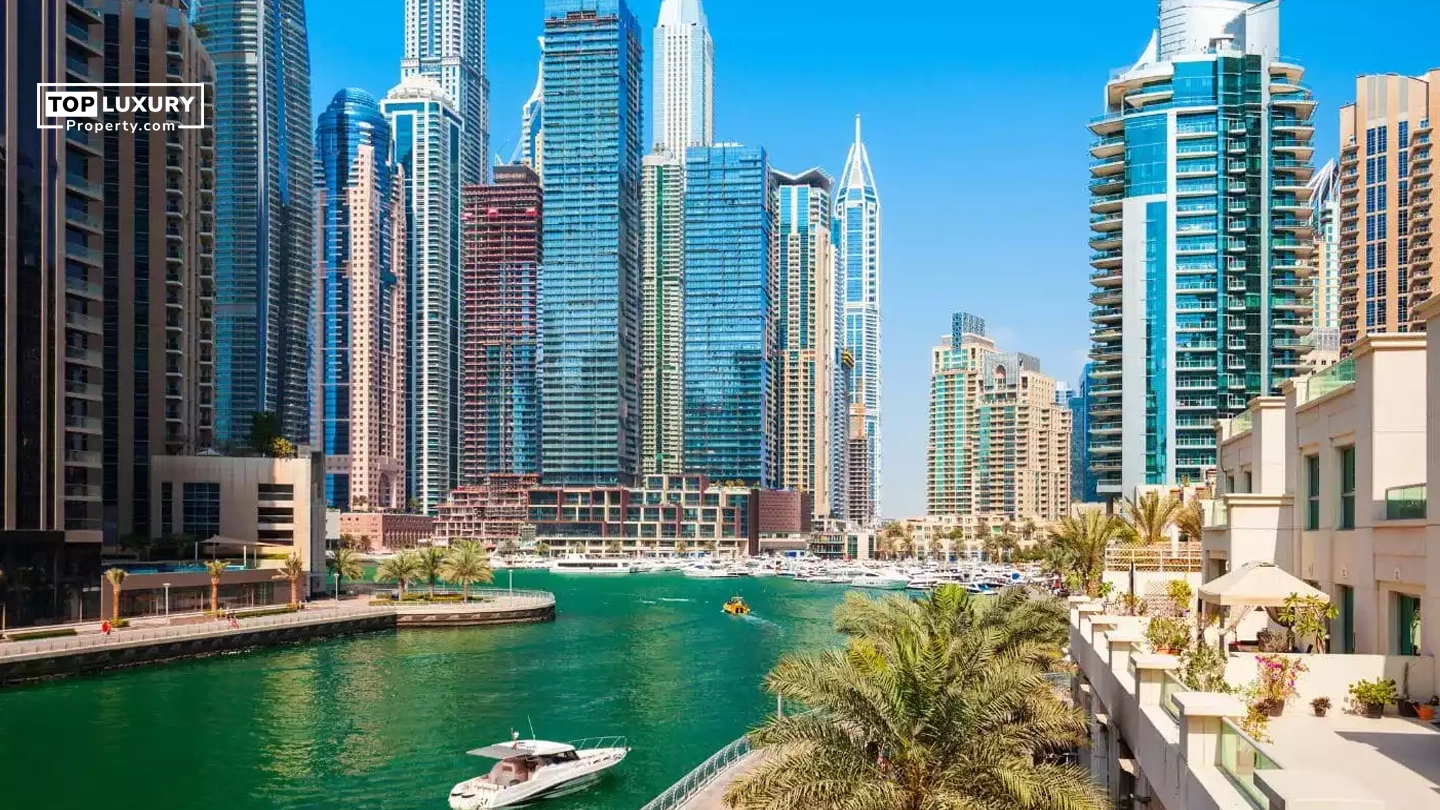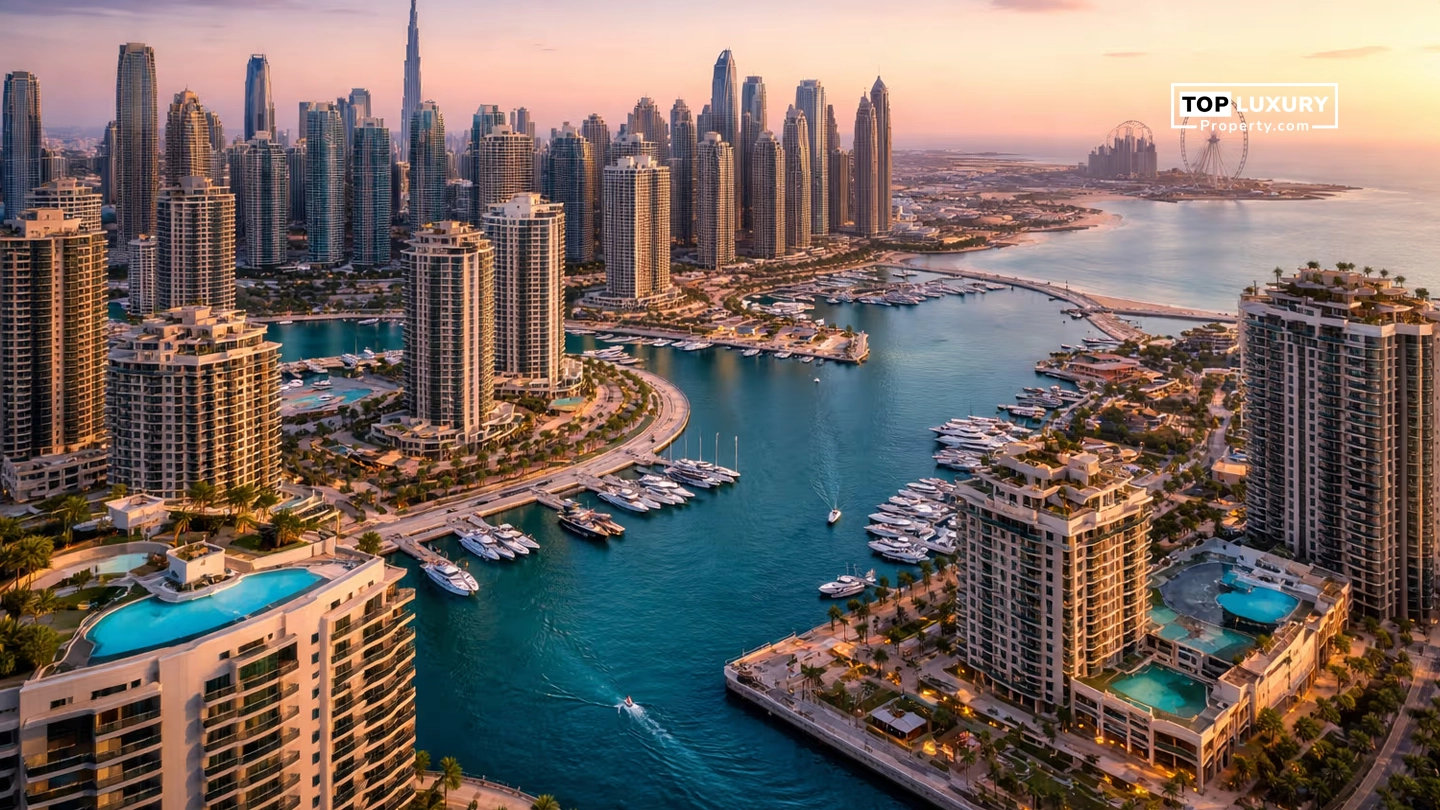Surge in Dubai Real Estate Sector
The Real Estate Sector of Dubai has witnessed a sudden growth in 2025. It has completed 24 major real estate projects that are valued at approximately AED 4.5 billion ($1.2 billion) that too just in the first half of the year. This has acted as an indicator in order to escalate momentum during the property boom in Dubai. Moreover the growth has reflected strength in the real estate sector of Dubai taken place as a result of investor confidence, regulatory form and the smart infrastructure investments.
Dubai’s Real Estate Surge: $1.2bn in Projects Completed:
In accordance with the data from the Dubai Land Department, in H1 2025, 24 projects which are valued at AED 4.5 billion ($1.2 billion) are being completed in the Dubai Real Estate Sector showcasing the robust market activity through the delivery capacity of developers. These completions align with the current Property boom in Dubai where both off plan as well as ready to move units are rapidly noticed by the domestic and international buyers.
Key Developments Driving the Property Boom:
- Off plan projects and flexible payment schemes continue to lead investor preference. Developers offer early bird pricing and long duration instalment plans in hotspots like Dubai South, JVC, and MBR City.
- Infrastructure enhancements, particularly rail and metro extensions including the Expo related transit upgrades are elevating demand in adjacent districts with price appreciation of 23 to 26% YoY in places like Dubai South and JVC.
- Foreign investor inflows remain strong. Q2 2025 saw over 45 to 58% of transactions driven by overseas buyers, especially from Europe, the UK, India, Pakistan, and increasingly Europe and Eastern markets.
- Government policy support, including Golden Visas, relaxed property ownership rules, no capital gains tax, and digitisation of land processes, boosts transparency and confidence in the Dubai property market .
- Economic tailwinds, including GDP growth of 5 to 6%, surging tourism (19 million visitors in 2024), and rising FDI (up nearly 15% YoY), underpin sustained demand in both residential and commercial segments.
Economic Impact of Dubai’s Real Estate Growth:
- Sales volumes have skyrocketed: AED 115 billion ($31 billion) in Q1 2025 alone, up 29% from Q1 2024, with over 43,000 transactions. Leasing activity remains strong too, supporting economic stability .
- Rental market is buoyant, registering over 465,000 new contracts in H1 2025 only slightly increasing from a year earlier with lease values reaching AED 42 billion. Villas in demand accounted for AED 28 billion in sales during the same period
- Construction and employment: With over 90000 units registered for sale and over 726 projects underway by mid 2025, the real estate sector continues to fuel jobs and support ancillary industries
- Institutional confidence: Dubai Land Department’s regulatory oversight and delivery performance reinforce a sustained investor environment, contributing to broader economic resilience under the Dubai Economic Agenda D33 and Real Estate Strategy 2033
Future Outlook for Dubai’s Thriving Property Market:
- Supply pipeline: More than 70000 new units projected to be handed over in 2025, with over 200,000 additional units underway through 2027
- Price moderation expected: Ratings agency Fitch forecasts up to a 15% correction in prices through late 2025 and into 2026, driven by oversupply in some segments but core demand and well located projects are expected to hold firm
- Segment dynamics: Premium locations (like Palm Jumeirah, Dubai Hills, Downtown) are stable, with slower growth (4 to 8%), while mid market suburban zones continue to attract strong demand and absorption
- Innovation and sustainability: PropTech investment (including a $1.2 billion development hub), smart homes, eco friendly design, and blockchain based property transactions are set to shape new value propositions and investment models
- Long term fundamentals: With a growing population (approaching 4 million), favourable fiscal environment, tourism growth, and strategic infrastructure, Real estate projects in Dubai are underpinned by sustainable structural drivers that extend well into the 2030s.
Conclusion:
The Property Boom in Dubai reflected the higher velocity market through the completion of 24 major projects worth $1.2 billion in H1 being supported by the strong investor demand, smart policies and economic fundamentals. The moderation or consolidation of the projects led towards the price growth in segments where the supply was increased steeply with the overall momentum being intact. Moreover the Dubai Real Estate continues to lead on quality and innovation establishing its positions as one of the most attractive real estate investment destinations.







